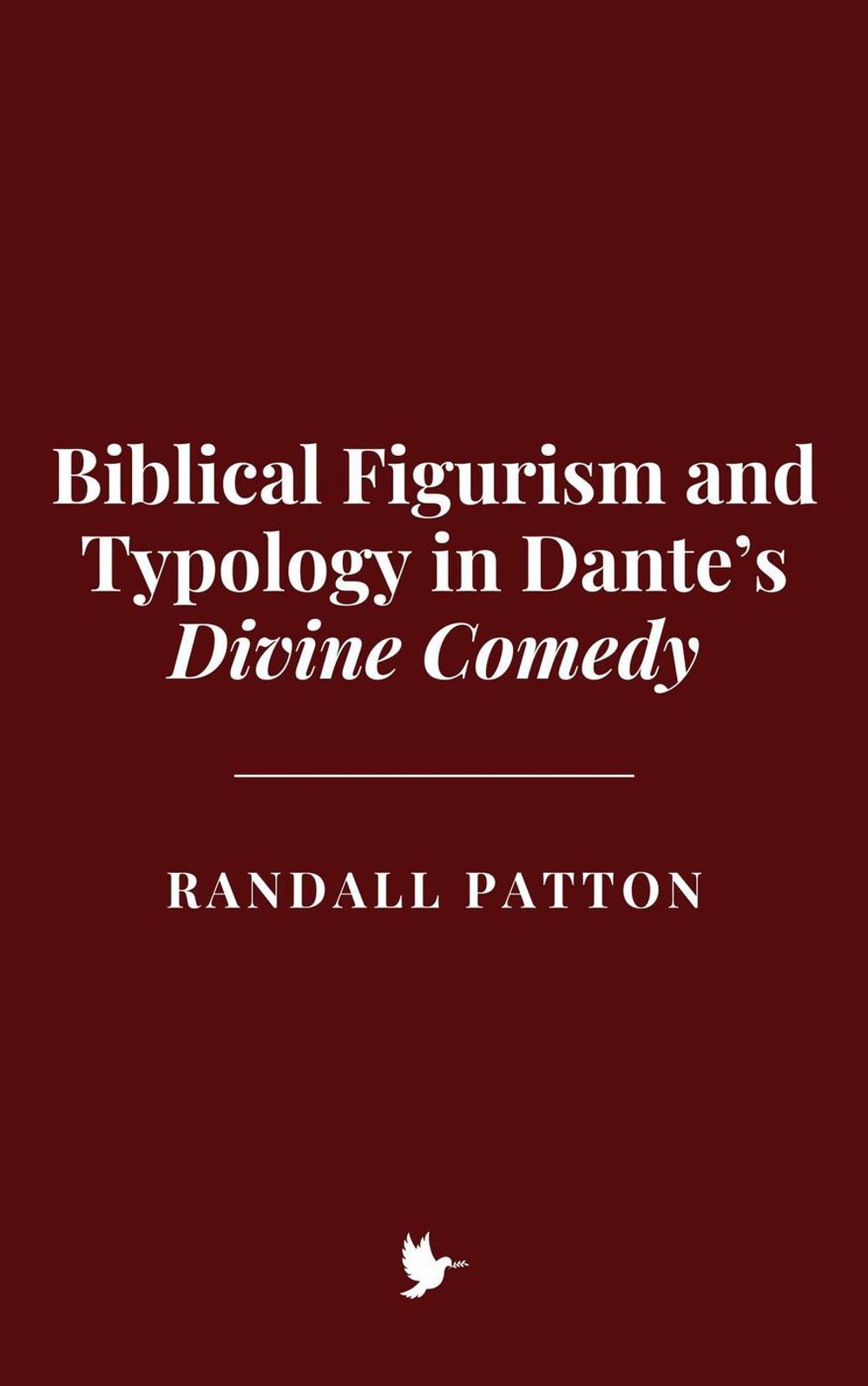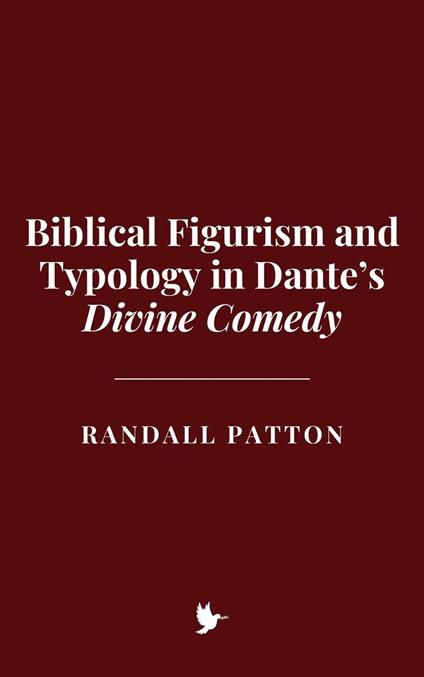Biblical Figurism and Typology in Dante’s Divine Comedy
Central to understanding the Divine Comedy is an awareness of the medieval worldview. In this period, Christianity dominated the intellectual and cultural life of Europe, and the Bible was considered the ultimate authority on all matters of life, death, and the afterlife. Dante's education was deeply rooted in the Scholastic tradition, which sought to reconcile faith and reason, drawing heavily on the works of Aristotle, Augustine, and Thomas Aquinas. In particular, Dante's treatment of theology reflects the medieval understanding of the Christian cosmos, where the soul's journey after death was an essential element of Christian eschatology. The Divine Comedy is a reflection of this eschatological view, where Hell, Purgatory, and Heaven serve as literal and metaphorical spaces for the soul's purification and ultimate reunion with God. The idea of journeying through the afterlife was not new in Dante's time. The concept of an afterlife with distinct realms was well-established in Christian theology, particularly in the writings of the Church Fathers. However, Dante's innovation lay in his ability to blend traditional Christian teachings with a vibrant use of allegory, classical references, and the detailed structure of a divine cosmos. The narrative of the Comedy is a pilgrimage, one that draws from the pilgrimage tradition of the Middle Ages, but it is also an allegory of the soul's quest for salvation. Throughout the poem, Dante employs Biblical figurism and typology—an interpretative approach that sees figures, events, and institutions in the Bible as prefiguring Christ and the unfolding of salvation history. This method, which dates back to the early Church Fathers, particularly to St. Augustine and St. Jerome, allows Dante to imbue his work with layers of theological meaning that transcend the immediate narrative. The Divine Comedy thus functions on multiple levels, as a literal story of a journey, as an allegorical exploration of the soul's redemption, and as a theological commentary on Christian doctrine.
-
Autore:
-
Anno edizione:2025
-
Editore:
-
Formato:
-
Lingua:Inglese
Formato:
Gli eBook venduti da Feltrinelli.it sono in formato ePub e possono essere protetti da Adobe DRM. In caso di download di un file protetto da DRM si otterrà un file in formato .acs, (Adobe Content Server Message), che dovrà essere aperto tramite Adobe Digital Editions e autorizzato tramite un account Adobe, prima di poter essere letto su pc o trasferito su dispositivi compatibili.
Cloud:
Gli eBook venduti da Feltrinelli.it sono sincronizzati automaticamente su tutti i client di lettura Kobo successivamente all’acquisto. Grazie al Cloud Kobo i progressi di lettura, le note, le evidenziazioni vengono salvati e sincronizzati automaticamente su tutti i dispositivi e le APP di lettura Kobo utilizzati per la lettura.
Clicca qui per sapere come scaricare gli ebook utilizzando un pc con sistema operativo Windows



